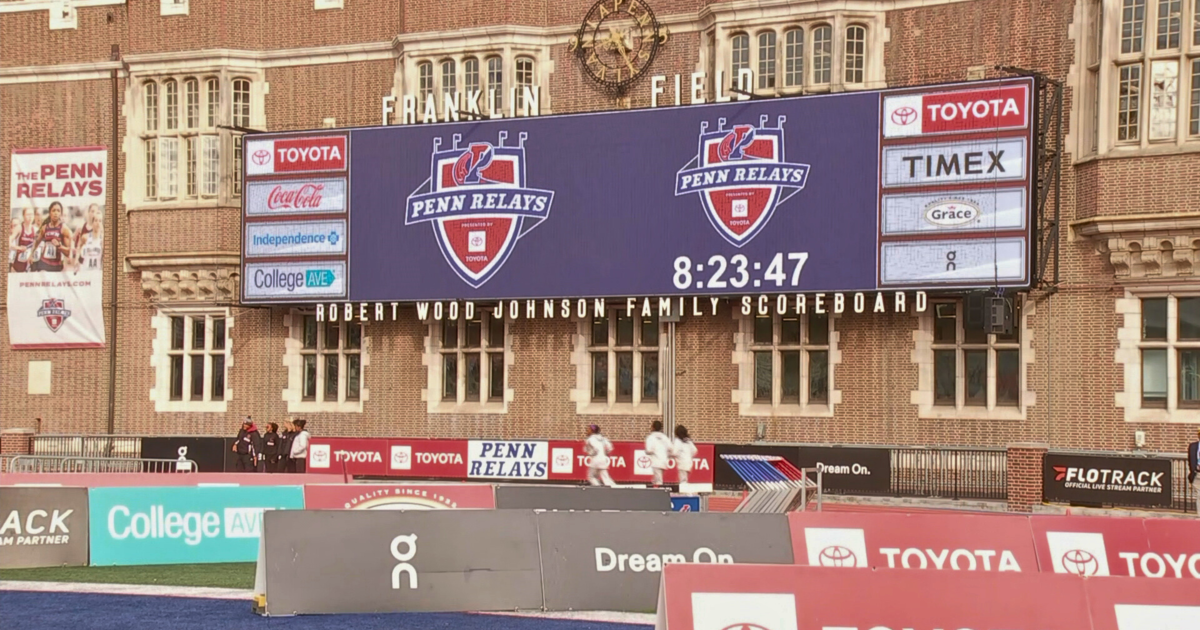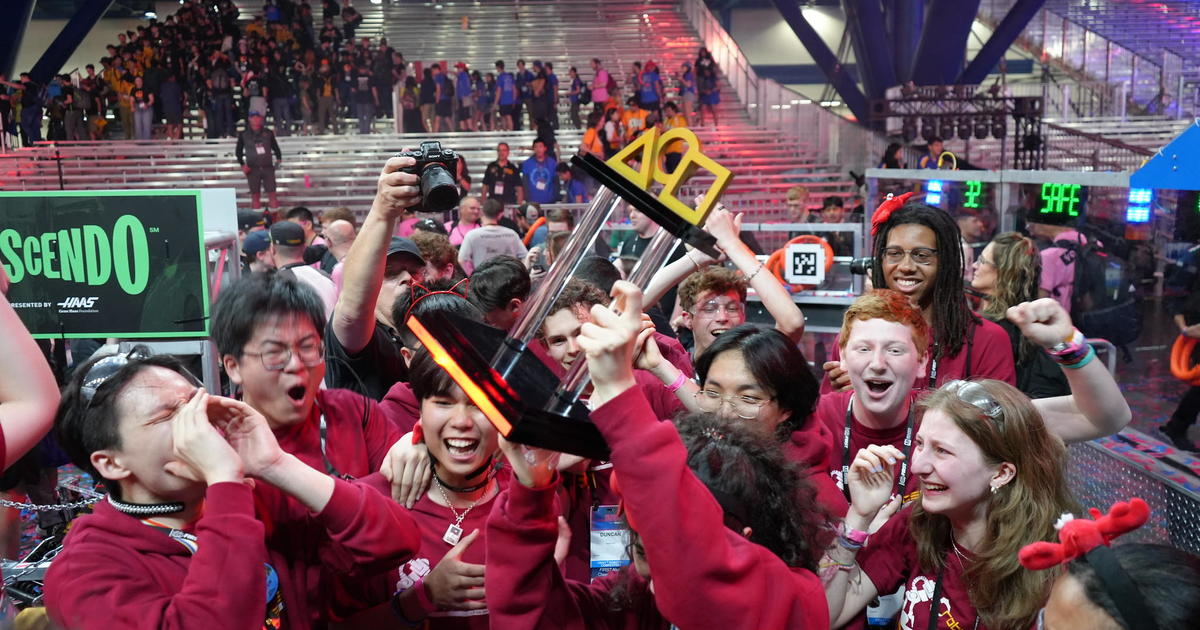Dennis Bowsher Is Ready For The Grueling Pentathlon
By Joseph Santoliquito
Colorado Springs, CO (CBS) —Dennis Bowsher first heard about the modern pentathlon from a swimming club coach. It seemed to fit, at the time, since Bowsher was a competitive high school swimmer.
There was just one problem, as Bowsher delved more into what the modern pentathlon entails. Well, actually, two: He never held a gun before in his life and never rode a horse. Those could be daunting obstacles, since the modern pentathlon includes pistol shooting and show jumping, along with fencing, a three-kilometer cross-country run and 200-meter freestyle swimming event.
Bowsher, 29, from Dallas, Texas, seems to have mastered the five disciplines to become one of the 36 competitors that will be partaking in the modern pentathlon at the 2012 Olympics in London, England, in what will be a grueling one-day affair that tests the mind and body.
He's won two junior national titles and was a World Cup medalist. It's just a very interesting route that's got him to this point.
"I never picked up a gun before I was 19, and never rode a horse before, you have to have the mindset to commit to it, this is something that can potentially get you to that Olympic dream, embrace it and I had to figure it out," Bowsher said. "The horseback show jumping was the biggest challenge starting out. Fencing, everyone can do it; show jumping is a little different. You're riding on a big animal and you're risking your life."
The first time Bowsher got on a horse was in January of 2003. The first time he competed was in May 2003 when Bowsher was 20 and had moved to San Antonio, Texas to commit more time to training for the pentathlon. It meant putting his life on hold and making a drastic choice.
Joining the U.S. Army.
Bowsher is a specialist involved in the World Class Athlete Program (WCAP), enlisting in August 2005. WCAP has given Bowsher the ability to train, provide financing and coaching, and he'll be one of seven U.S. Army representatives from the WCAP program heading to London.
He's one of the faces of WCAP.
"I know the pentathlon is not a big sport, but after being in the army, I've received a lot of benefits, like healthcare, tuition assistance," Bowsher said. "I don't know if I would be going to London without it. I was an okay swimmer, but I had that Olympic dream. I'm not the best swimmer, or the best runner, or the best fencer, but if I can be great in all of them together, I can live a dream."
The odds are long and Bowsher knows it. The pentathlon is very big in Europe, and has been traditionally dominated by Europeans. An American has never won the modern pentathlon, which became an Olympic sport in 1912, when 27-year-old George S. Patton (later World War II legendary General George Patton) finished fifth overall.
Robert Beck was the last American male to medal in the pentathlon, achieving bronze in the 1960 Rome Olympics and Emily de Riel achieved silver in the first-ever women's pentathlon at the 2000 Sydney Games.
The event was created by Baron Pierre de Coubertin, a French aristocrat who's credited as "the founder of the modern Olympic Games." But the event was designed for military officers and it was forty years before the first civilian, a Swede named Lars Hall, won the event in 1952.
Fencing is the first of the five events, followed by swimming, and show jumping. What makes show jumping that much more difficult is that the horses are picked randomly, the rider has no familiarity with the horse at all. The athlete gets 20 minutes to warm up on the horse to get familiar.
That's where the danger lies. In 1968, West German Hans-Jurgen Todt had to be restrained after he tried attacking his horse at the Mexico City Games when the horse balked at jumping three times.
The last event is combined—running and shooting. The idea is to hit five targets and whoever crosses the finish line at the end is the winner. This year for the first time in the Olympics the gun is an air pistol that projects a laser, not a real gun with live bullets.
Bowsher was an alternate for the Beijing 2008 team. He saw his dreams shattered. This time, he wasn't going to be denied, his focus made much more acute by the previous experience.
"I was so close to making it in 2008 and that taught me to go into each practice thinking about what it's going to do to make me better, rather than just thinking about it," Bowsher said. "I've accepted that in order to do this sport at a high level you have to commit a lot of time to it. It's an ability to be adaptable. You have to be an expert in five things. I didn't want to take for granted opportunities that I had. I don't look at it at all as grueling—I look at it as fun. I enjoy doing what I do—seeing the world and going to the Olympics."



